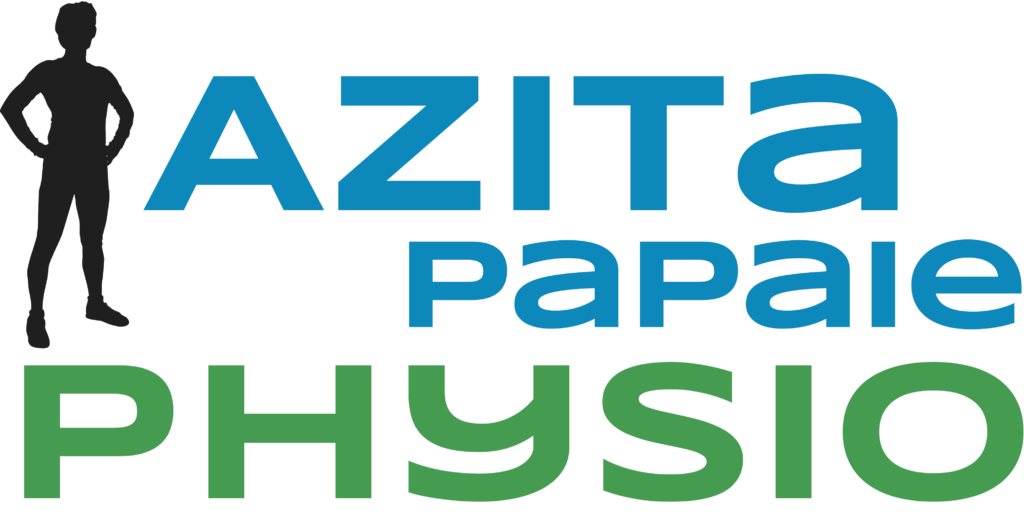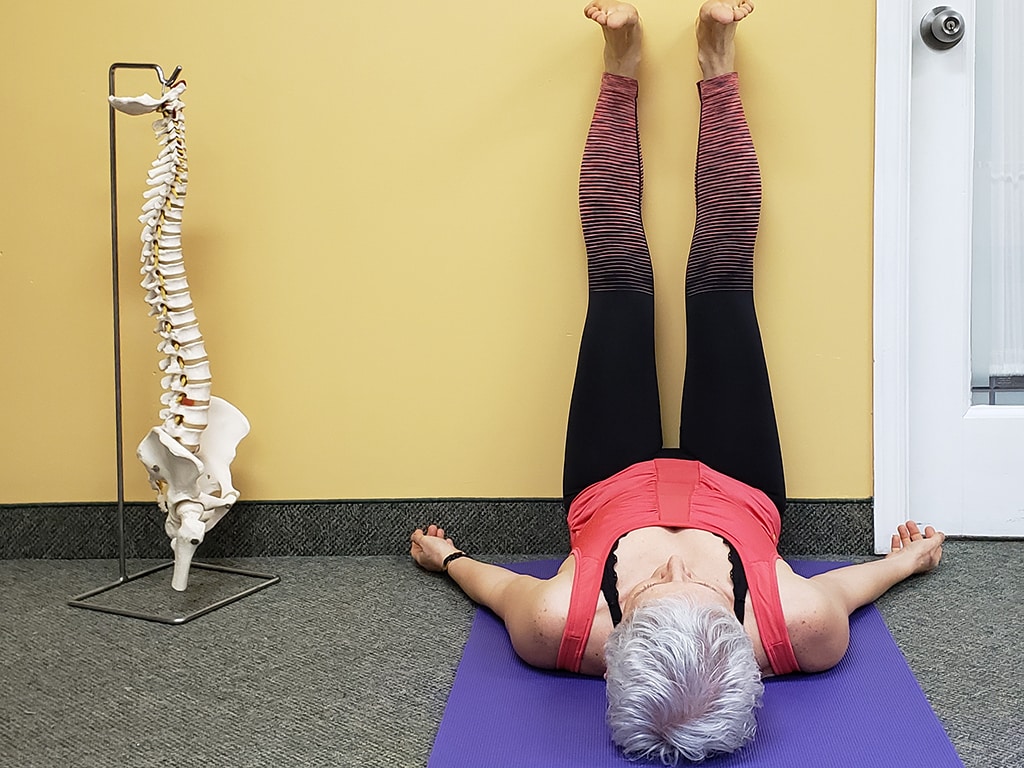How PCOS May Impact Women’s Fertility
Polycystic ovary syndrome (PCOS) is a hormonal disorder common among women of reproductive age. It is characterized by the growth of cysts on the ovaries, which can lead to irregular menstrual cycles, elevated levels of androgens (male hormones) and insulin resistance.

PCOS can affect fertility in several ways:
Women diagnosed with PCOS often have irregular menstrual cycles, which can make it difficult to predict ovulation. In addition, elevated levels of androgens can interfere with ovulation, leading to anovulation (absence of ovulation) or infrequent ovulation. Insulin resistance can also contribute to infertility in PCOS patients, as it can interfere with the regulation of menstrual cycles and ovulation.
Furthermore, Polycystic ovary syndrome is associated with a higher risk of developing complications during pregnancy, such as gestational diabetes and high blood pressure. Women struggling with PCOS are also more likely to experience miscarriage and infertility.
It’s important to note that while PCOS can impact fertility, it does not mean that a woman with PCOS cannot become pregnant.
Fertility treatments and assisted reproductive technologies like in vitro fertilization, can help women with PCOS conceive. However, lifestyle changes, such as weight loss, exercise, and a healthy diet, can also improve fertility.
My Approach to Relieve PCOS Symptoms & Improve Fertility
As a physiotherapist who has worked with many women struggling with various health issues, including painful menstruation, endometriosis, PCOS and infertility, I understand the importance of a comprehensive approach to treatment.
Physiotherapy is a valuable addition to the care of women living with PCOS, as it can provide physical, psychological and emotional benefits.
Pain and Discomfort
Physiotherapy can help with the management of pain and discomfort associated with PCOS. Through techniques such as manual therapy, exercise, and pain management, physiotherapeutic treatments can provide relief from menstrual cramps, pelvic pain, and lower back pain. This can improve a woman’s quality of life and help her manage the physical symptoms of PCOS.
Insulin Sensitivity
Furthermore, physiotherapy can help regulate insulin sensitivity, which is often disrupted in PCOS patients. Simple lifestyle changes like respecting your circadian rhythm, controlling stress and anxiety, following a healthy diet, optimal exercise and physical activity can improve insulin sensitivity, and a physiotherapist can create a tailored exercise program to help achieve this goal. This can also reduce the risk of developing diabetes and improve overall health.
Posture and Alignment
Physiotherapy can help improve posture and alignment, which can reduce discomfort and pain in the back and pelvis. This, in turn, can improve overall mobility and quality of life.
To sum it up, working together can provide a multitude of benefits for women struggling with PCOS. By addressing physical, psychological and emotional symptoms, physiotherapy can help them live a happier and healthier life.

Get back to doing what you love. Schedule an appointment today.
Women with PCOS can benefit greatly from physiotherapy treatments, which can help improve insulin resistance, manage weight, reduce stress levels, and alleviate pelvic pain. If you struggle with PCOS, consider physiotherapy as a means of managing your symptoms and improving your overall health and wellbeing.


